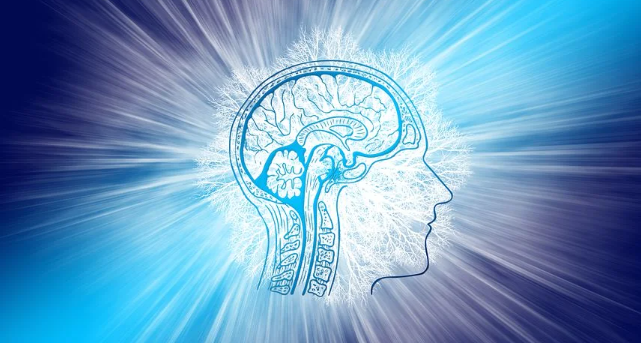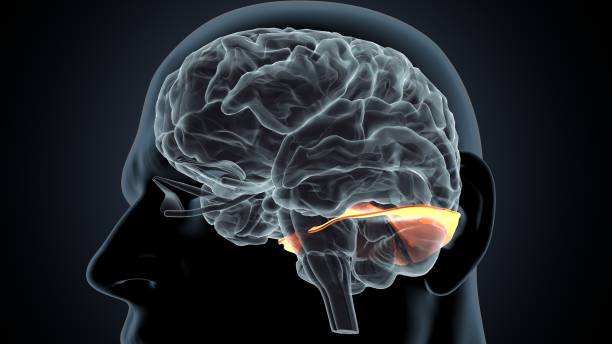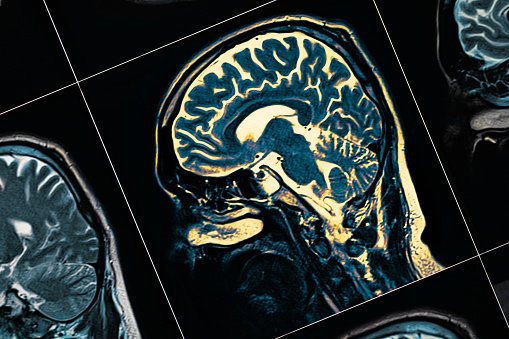5 Reasons Why You Should See a Neurologist

Reasons to See a Neurologist A neurologist is highly trained to treat a number of neurological conditions, including migraine headaches, insomnia, balance issues, memory loss and seizures (convulsions) that might be an early sign of epilepsy. As medical doctors, neurologists bring extensive knowledge to patients for treatment of strokes. If these symptoms occur, consider visiting […]
Can a Neurologist Diagnose Fibromyalgia?

Does a Neurologist Diagnose Fibromyalgia Do you know a friend, colleague, or family member suffering from fibromyalgia? If so, you understand the condition is real and long term. In our neurological practice in South Florida, many patients see Dr. Jeff Steinberg for help with the symptoms. Fibromyalgia causes pain throughout the body, and resulting complications […]
What Neurological Disorders Cause Sleep Apnea?

Apnea, the most common sleep disorder, causes people to stop breathing during sleep because of problems with the muscles or nerves that control their breathing. The effects include loud snoring, high blood pressure, irritability, loss of memory, poor concentration, and overall tiredness throughout the day. An explanation about how sleep apnea happens in addition to […]
What Can A Fort Lauderdale Neurologist Do For Alzheimer’s Disease?

Alzheimer’s Disease Alzheimer’s disease commonly appears in the elderly and causes dementia. A progressive neurodegenerative disease, Alzheimer’s slowly erodes a person’s memory, thinking, and behavior. It also gradually damages the brain. People with this disease experience memory loss, mood swings, and difficulty with tasks that require memory. Often, people usually experience symptoms for about five […]
Neurological Conditions that Require Lifelong Care

Different Neurological Conditions that require Lifelong Care There are hundreds of different neurological conditions that require lifelong care. People face these conditions on a daily basis, and some may require long-term care. For example, with neurological conditions, pain that originates in your head may also be prevalent elsewhere in your body. When you feel something […]
How is a Neurologist different from a Psychiatrist?

The fields of neurology and psychiatry are both related to the brain, but they focus on vastly different aspects of medicine. They also entail very different day-to-day roles. Understanding the difference between a psychiatrist and a neurologist is essential if you’re considering a career in either field (or if you’re trying to decide which one […]
When to see a Neurologist after a Car Accident?

Reasons to Visit a Neurologist after a Car Accident Have you ever been in a car accident? Or witness it yourself? Did you suffer from any neurological injuries? Being involved in a car wreck experience is devastating to our lives. Artificial or natural causes of accidents have caused major injuries. Also, loss of many lives. […]
Three Neurological Disorders Often Treated by a Neurologist

What Is a Neurologist? A neurologist is a medical doctor who specializes in the study, diagnosis, and treatment of disorders involving the central nervous system. Neurologists often spend a large amount of time treating neurological-related problems such as brain tumors, stroke, epilepsy, Alzheimer’s, and Parkinson’s disease, to name a few conditions. What Is a Neurological […]
How Neurologist Treat Parkinson’s Disease?

Parkinson’s Disease Parkinson’s disease (PD), a degenerative brain disorder, is the second most common neurodegenerative disease after Alzheimer’s disease. PD is characterized by motor symptoms such as tremors at rest and bradykinesia. The cause of PD is still unknown. However, it can be caused by several genetic and environmental factors. In this article, we will […]
See a Neurologist For Concussion?

Concussions, often referred to as mild traumatic brain injuries, are unfortunately common occurrences, particularly in activities like sports, automobile accidents, or falls. While the term “mild” might imply a less severe injury, the effects of concussions can be anything but minor. They can have significant implications for an individual’s cognitive function, behavior, and overall well-being. […]
